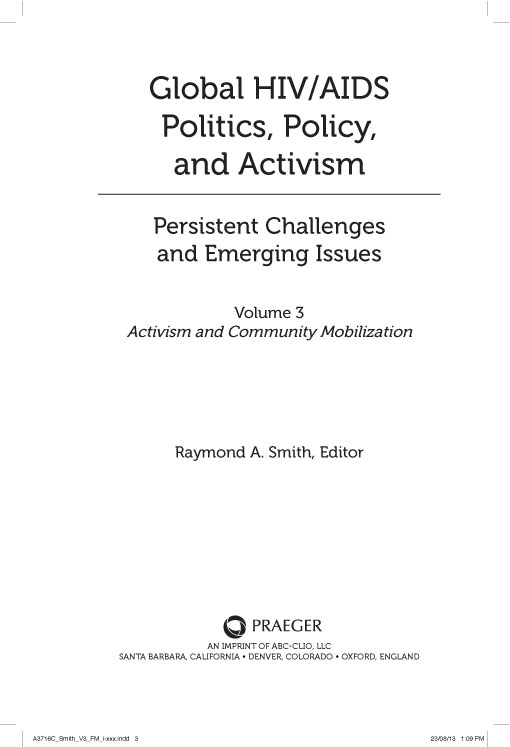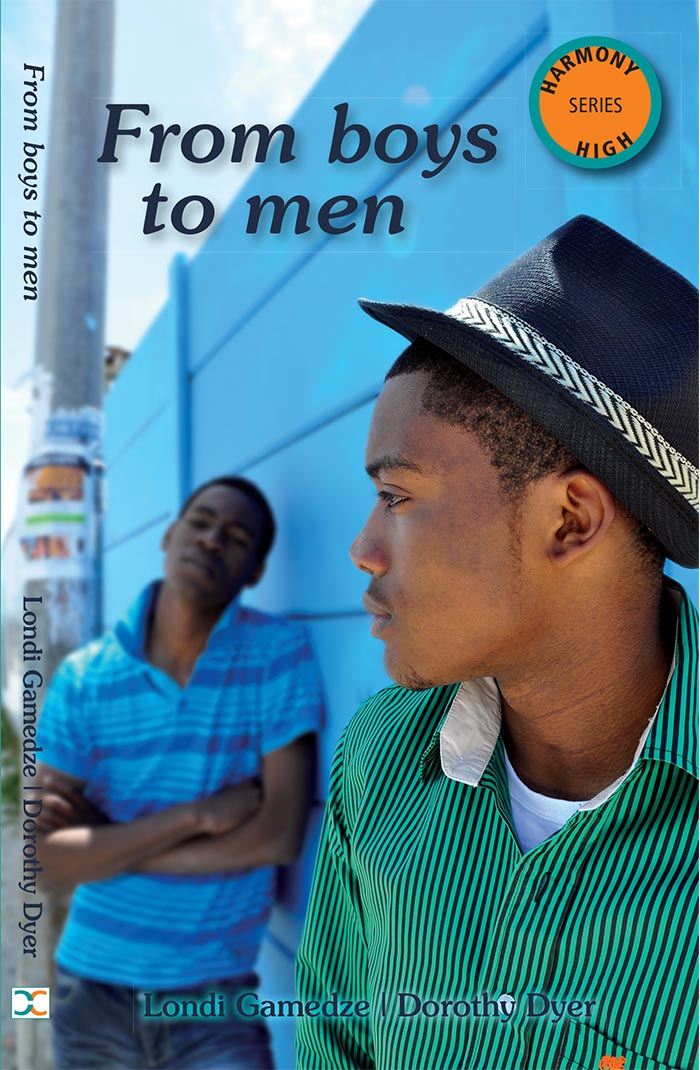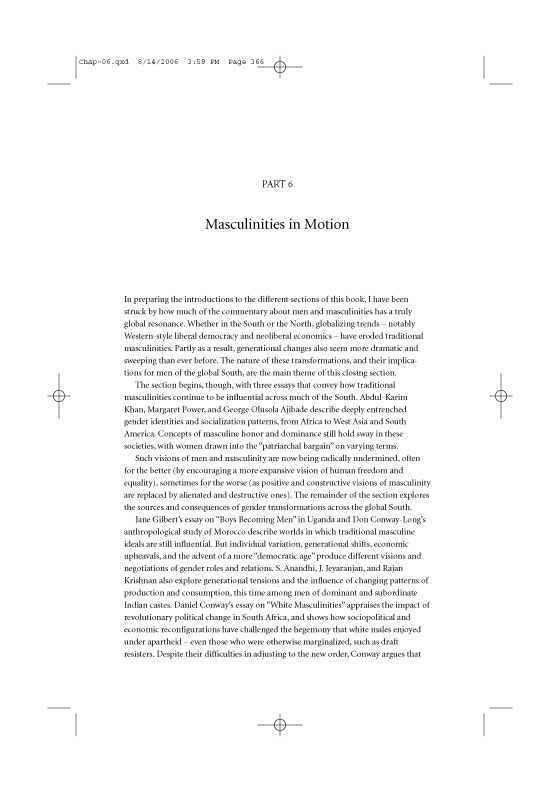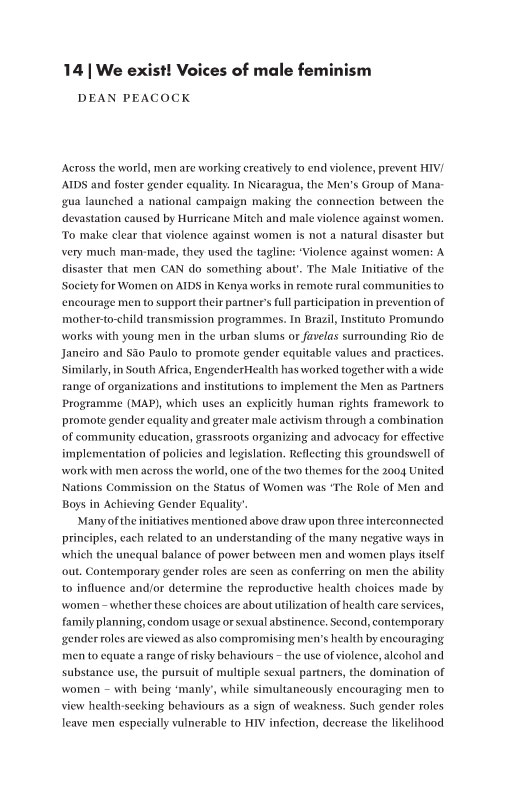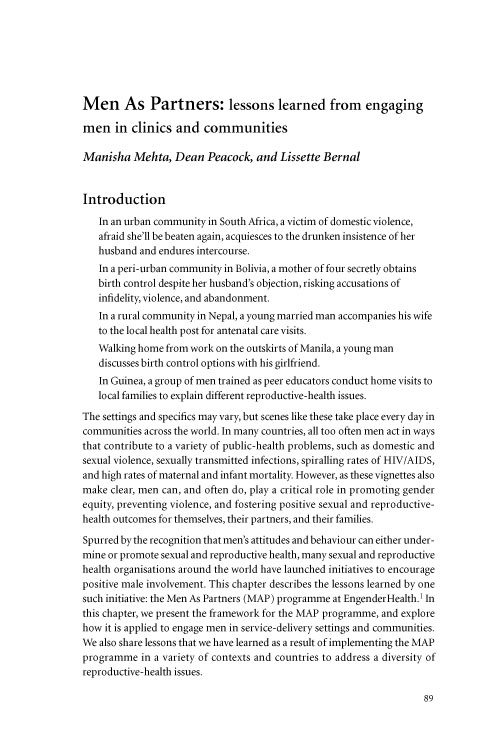Concern’s Equality Policy recognises gender as the fundamental organising principle of societies, and therefore an issue that underpins all other inequalities. Addressing gender inequality involves transforming unequal power relations between men and women, boys and girls and challenging the underlying structures that perpetuate inequalities. In our approach to addressing inequality, Concern strives for ‘Equality of Outcome’. This means that beyond simply opening up opportunities for people to participate, we seek to address the specific obstacles to participation that the extreme poor face, as well as providing the appropriate, equitable resources that people need to achieve success through their participation.
Concern recognises that men typically hold the power and control within the dominant patriarchal society and are often enforcers and perpetrators of gender inequality and gender violence. As such, men have a critical role to play in creating a more equitable system at national, community and household level by relinquishing this power and making space for women to empower themselves.
To assist us with this, we have identified the need to engage men on the issue of gender equality and to involve them in a process of gender transformation within our programming. Through this approach, we aim to redress historical injustices towards women and power imbalances that harm entire communities, especially women and girls. This includes preventing abusive and controlling behaviours as well as collusion with and leadership in institutional systems of power and privilege that systematically devalue and disempower women. Concern has committed to build the capacity of our own and partner staff to roll out this approach, in partnership with Sonke Gender Justice, in at least 10 countries by the end of 2019.

